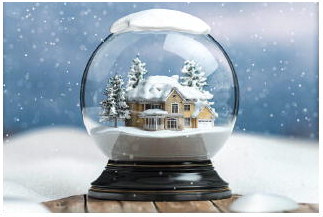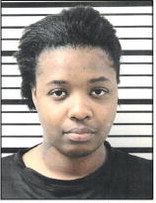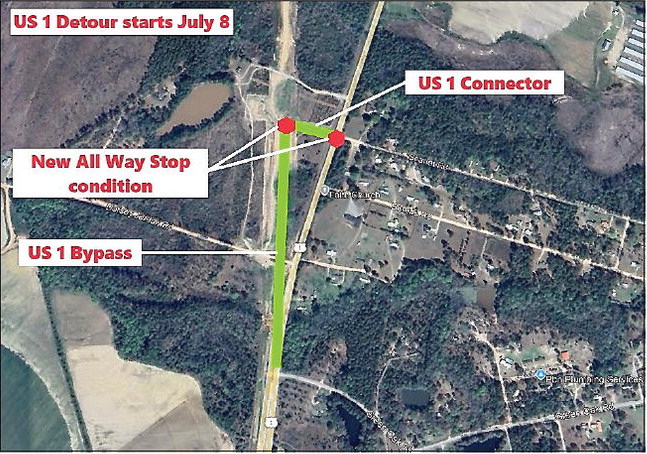Teachable Moment


the Teachable Moment
Why is Christmas celebrated in December?
For thousands of years, the world has celebrated the middle of winter as a time that the worst cold weather was behind and the days and hours of sunlight were getting longer.
Around 300 AD in the early years of Christianity, church officials decided to institute the birth of Jesus as a holiday, and Pope Julius I chose December 25 as the date to commemorate the birth with a Catholic mass or church service, possibly to coincide with the winter solstice traditions already established by the mostly pagan population of the Roman Empire. The custom called the Feast of the Nativity spread to Egypt around 400 AD and to England around 500 AD. By the 700s, the celebration of Christmas (Christ’s mass) had spread all the way to Scandinavia.
At the end of December in most areas of Europe cattle were slaughtered so they would not have to be fed during the winter when grass was scarce, and the population would have a supply of fresh meat. Most wine and beer made that year was fermented and ready for drinking. Celebrating Christmas with the traditional winter solstice festivals increased the acceptance of the Christian holiday, and by the Middle Ages (400 AD – 1400 AD) Christianity had largely replaced the local pagan religions. But the combining of the Christian and pagan holidays seemed somewhat confusing with the population attending Christian church services and then observing drunken pagan rituals and singing and dancing, hunting, playing games and sports, decorating trees, burning yule logs, performing dramatic plays, and giving gifts.





